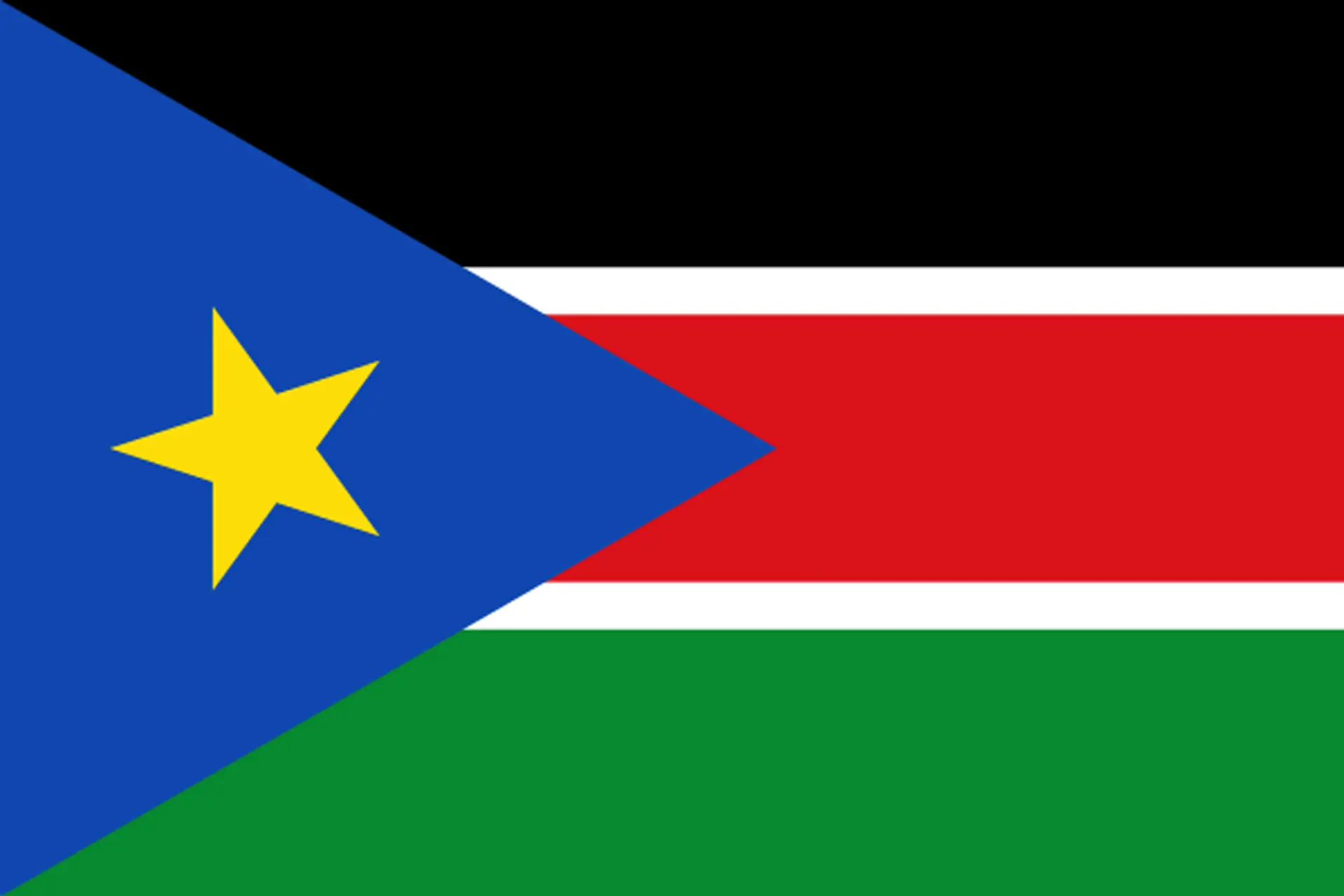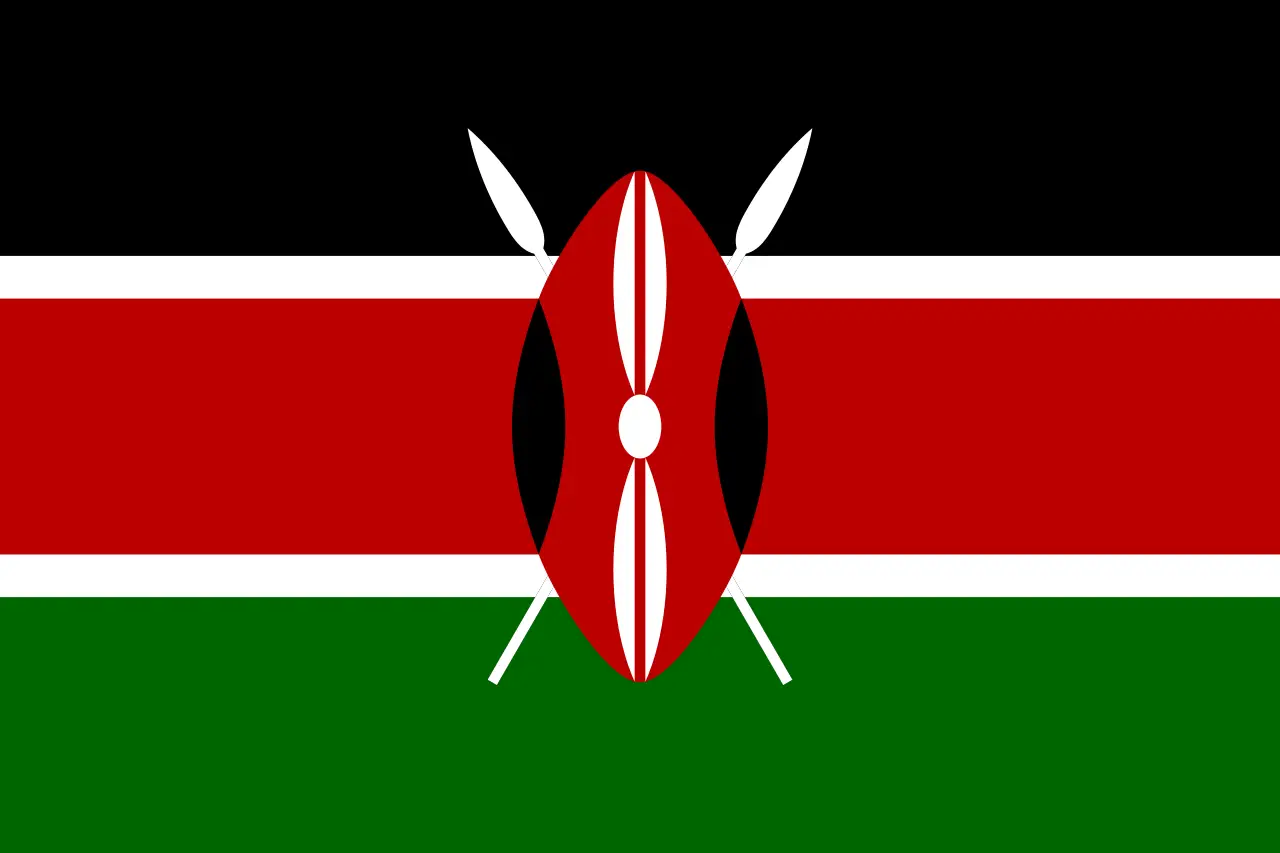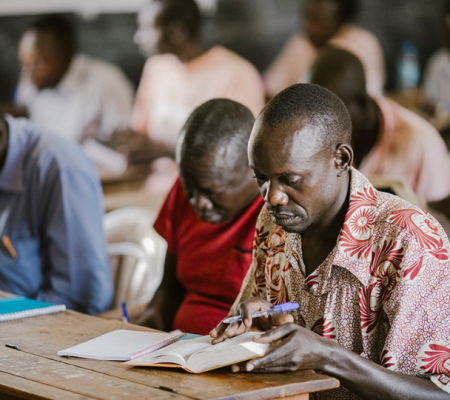
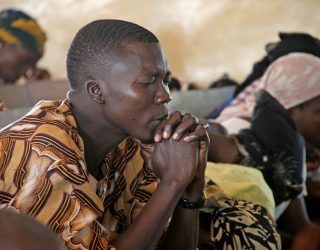
Servant Leadership
ALARM believes that the crisis facing Africa is not poverty or disease, but a lack of servant leaders who put the needs of their communities and churches above their personal and tribal interests. Through its servant leadership programs, ALARM trains religious leaders, chaplains, and Christian professionals such as government officials, lawyers, judges, police officers, and soldiers in servant leadership, good governance, and biblical peacebuilding to create sustainable change as they work amidst corruption.
Peacebuilding, Justice, & Reconciliation
From the genocide in Rwanda and Sudan to the human atrocity and mass murder in DR Congo, South Sudan, Sudan, and Burundi, the church has been unable to respond effectively to these man-made atrocities. ALARM was founded to equip the church to be an instrument of healing, forgiveness, reconciliation, and peace. It is through this approach that an Africa without violent racial, tribal, religious, and political conflicts can one day exist. Our work addresses the root causes of tribal and political violence, oppression of religious freedom, political corruption, and marginalization of the most vulnerable widows and orphans by developing leaders who bring healing to broken relationships. Without reconciled relationships, no community or nation can truly experience stability, peace, or development. Many of the individuals who we work alongside have faced traumatizing events but through training, trauma healing, and reconciliation these leaders are empowered to become advocates of justice and change.


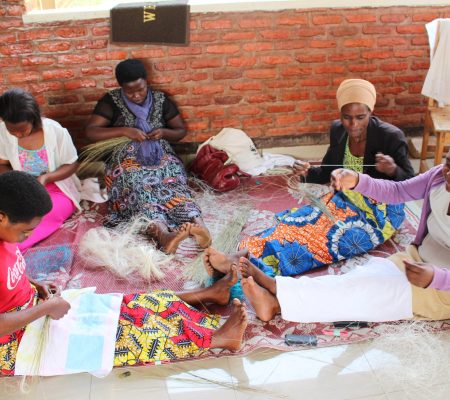
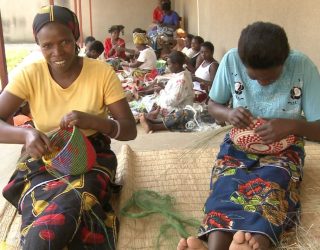
Community Transformation
We believe that as leaders are trained, it is important to encourage them to take what they have learned and offer it to their surrounding communities by mentoring and discipling others in the same skills. As this ripple effect takes place, communities will become the answers to their own challenges. As we walk alongside these leaders they are provided with the basic skills to create sustainability within their own local initiatives. These initiatives include: training and implementation in farming, animal husbandry, micro-financing, hygiene, orphan care, entrepreneurial and business skills, clean water projects, and women economic empowerment projects.



